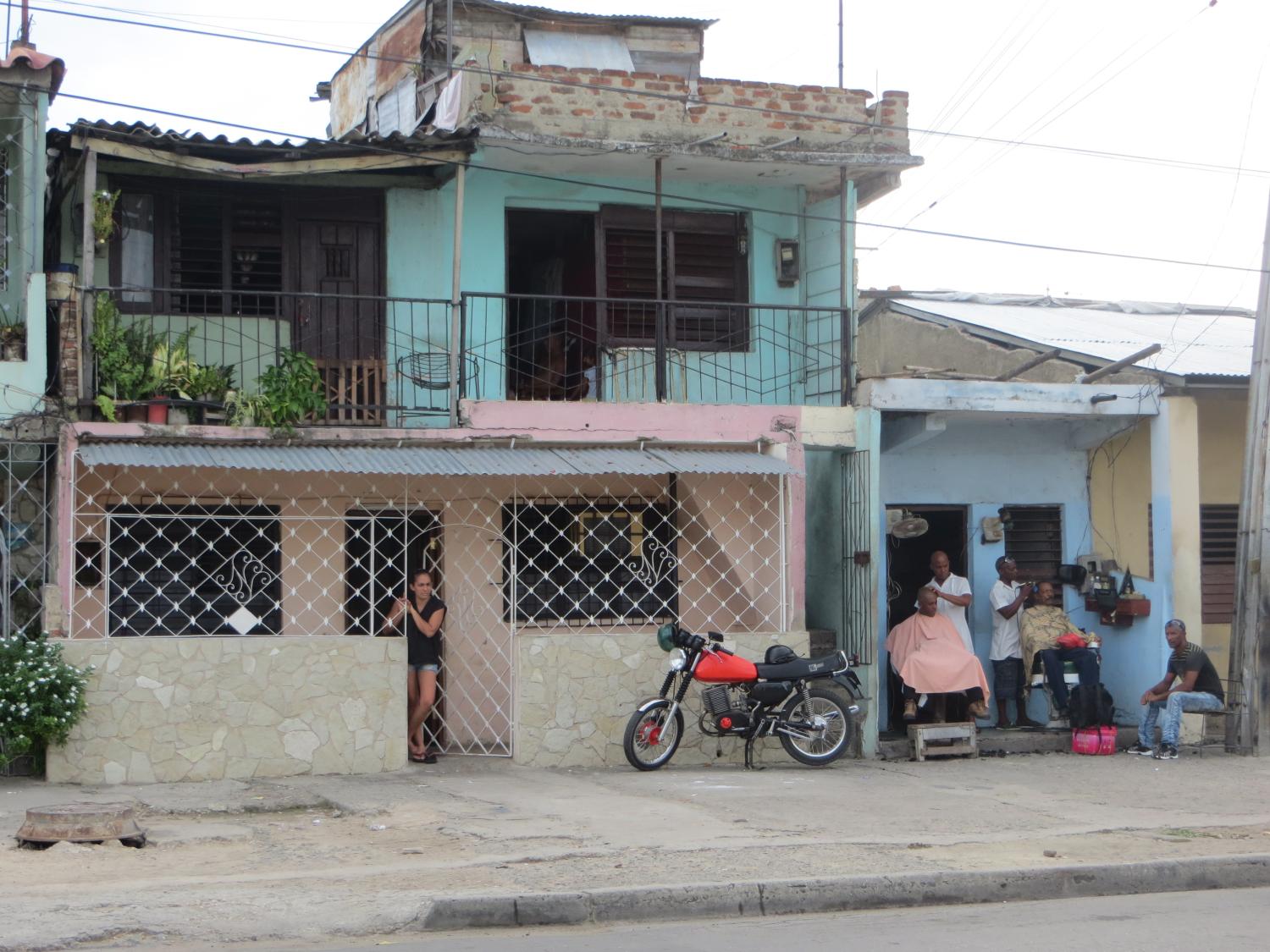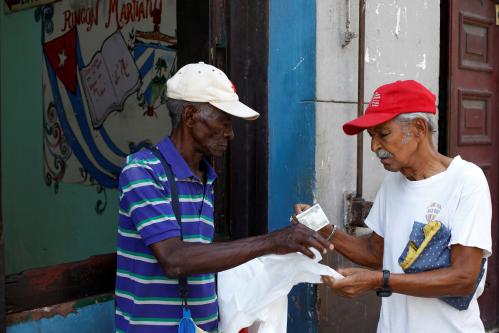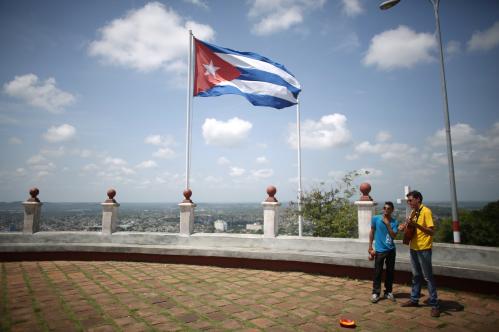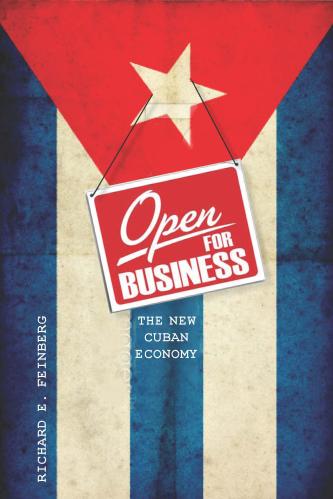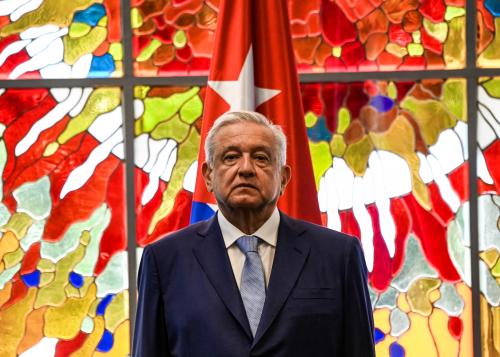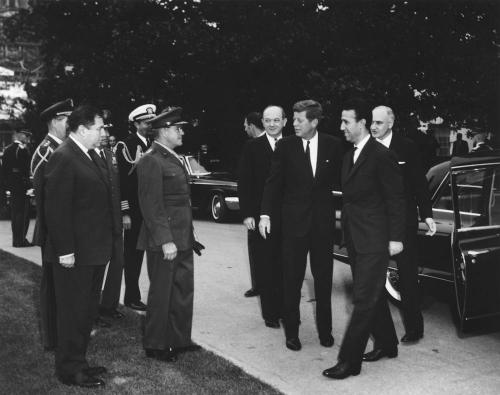EXECUTIVE SUMMARY
The five provinces of eastern Cuba (Oriente) have played central roles in the forging of the island’s history. In the 19th and early 20th centuries, sugarcane plantations generated fabulous wealth and Santiago de Cuba boasted a thriving middle class, even as most of the peasantry were relegated to grinding poverty and social neglect. Further to the west, Havana became the center of national prosperity and political power. In response, the 1959 Cuban revolution forcefully redirected resources toward the previously ignored social classes and rural provinces, providing universal access to health care and education and spreading new industries around the island. The eastern provincial capitals of Santiago and Holguin grew rapidly.
More recently, however, trends have again turned against the eastern provinces. The sugarcane industry retrenched to a shadow of its former self, Soviet-supported industry collapsed, and the centripetal power of Havana reasserted itself. Other economic trends, including expanding international tourism, remittances from the prosperous Cuban diaspora, and the emergence of a small-business private sector have re-concentrated opportunity and wealth in Havana and its environs. Compounding regional inequalities, authorities have directed the lion’s share of investment to Havana and surrounding areas. Despite some bright spots, Oriente has become a development backwater, its inhabitants migrating to Havana in search of better economic prospects. So far, occasional attempts to counter these trends and to strengthen regional institutions have fallen short of expectations. Fundamentally, Oriente’s destiny will depend upon the fate of system-wide national economic reform and on the central government’s future allocations of resources across regions, as well as on the government’s ability to respond to diminishing assistance from Venezuela and renewed U.S. hostilities. While judgments regarding the potential political impacts of these adverse trends is inevitably speculative, the weakening of two foundational pillars of the revolution—regional equality and social betterment—will test regime resiliency.
The Brookings Institution is committed to quality, independence, and impact.
We are supported by a diverse array of funders. In line with our values and policies, each Brookings publication represents the sole views of its author(s).

